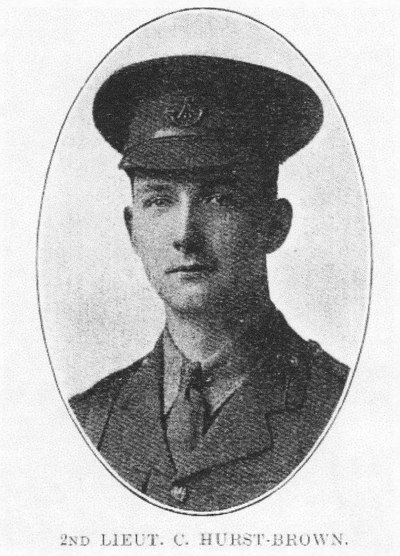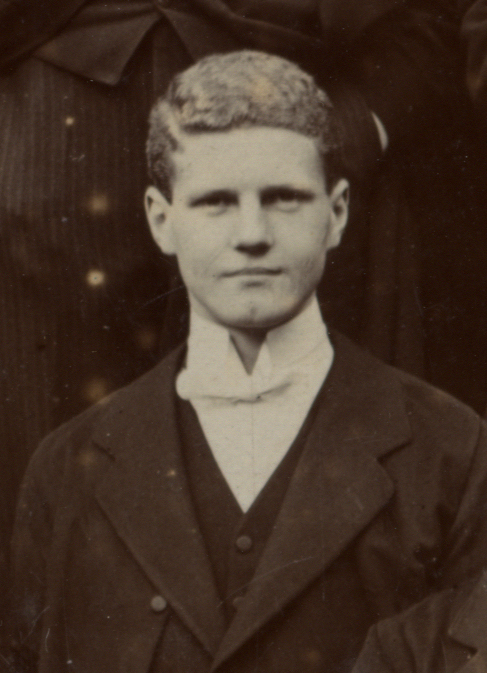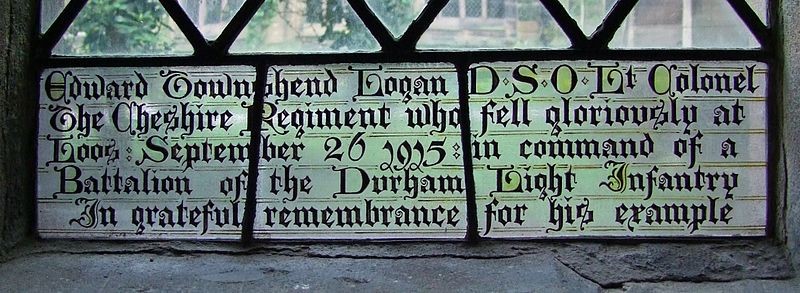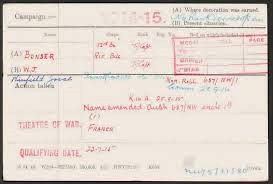Thomas Reginald Dawson
Thomas Dawson was elected as a King’s Scholar at Westminster School in 1909. He was Secretary of the school’s Scientific Society and an active debater. In one debate he argued against compulsory military service stating that ‘Englishmen are becoming keener every year to volunteer, which makes compulsory service unnecessary.’
Dawson was true to his word and although he won a scholarship to Christ Church, Oxford in July 1914, he joined the army on the outbreak of the war. He took a commission as a 2nd Lieutenant in the 19th Battalion of the London Regiment but it was nearly a year before he was sent out to see active service on the Western Front.
Dawson was wounded at the Battle of Loos on 25th September 1915. He was sent back to England to have his wounds treated and ended up in hospital in Vincent Square, not far from the school. He died there from his wounds on 4th February 1916 and a number of pupils were able to attend his funeral at St. Philip’s, Sydenham and burial at Elmer’s End Cemetery, now known as the Beckenham Cemetery. Many of them would have remembered him from his time at the school.
The following letter was sent to the Editor of The Elizabethan following his death:
It is with some diffidence that I ask for the inclusion of this letter, because the paragraphs of eulogy that appear with absolute precision in most school magazines on the dead condemn themselves by their sentimental universality as in most cases obviously untrue. Nor shall I eulogise now. Much might be written upon the three young King’s Scholars whom the battle has claimed so far as its toll. First, we saw the death of W. B. W. Durrant, next of K. T. D. Wilcox, and now it is T. R. Dawson—all three only sons. But it is of the last that I should like to speak, for I was one of the few who knew him well, and it would be a pity if to future generations of Westminsters he were but a name on the wall.
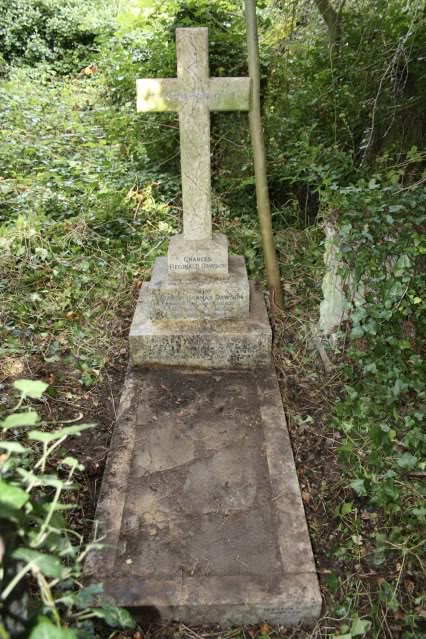
Dawson’s grave at Beckenham Cemetery
Not popular, not distinguished in athletic or intellectual ability, not striking except in a personality of extraordinary obstinacy and endurance. Such characteristics devoted to low ideals might have brought fame. Directed on the side of the angels, they were realised in full only by those to whom it was given to know him to the very end. It is as the first Head of Water after the revival that the School collectively owes him the deepest gratitude. Head of Water, but he gave up his place in the four when he saw someone better to fill it. But reference to foregoing pages would show in how many ways he did the ‘spade-work’ while others held more showy positions. And it was only his obstinacy that got him into the Army when the War called for officers, for, like Hannibal, he was blind in one eye. And, personally, may the gratitude be recorded of one who knew what it was to be able to rely on him absolutely when all others might fail– gratitude that ‘Bacchus’ Dawson did live once?
Yours as before,
εγρηγορος Φρονημα
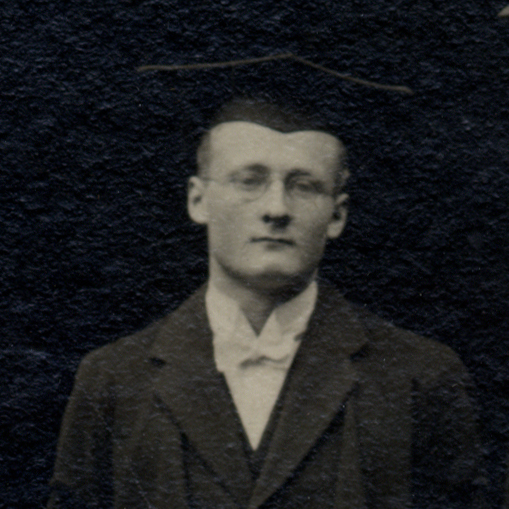
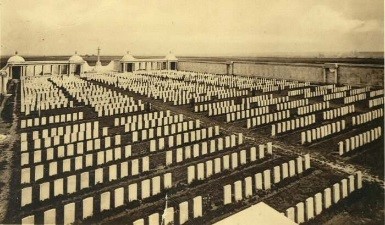
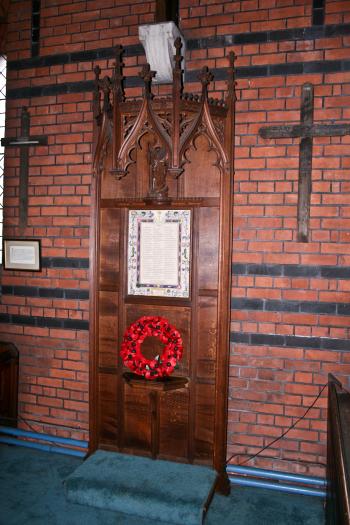
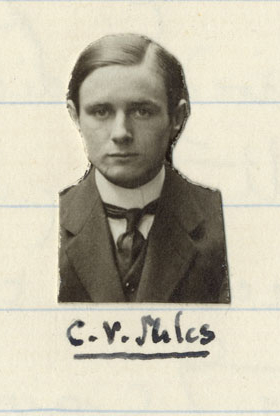
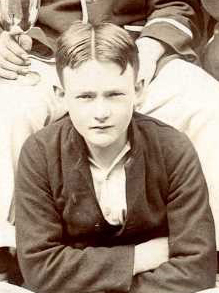 Robert Dodds was the only son of a Surrey solicitor and was admitted into Ashburnham in September 1906.During his first year at the school he achieved success in the school concert, where he “shone asÔǪ soprano”. He took part in Ashburnham’s entry for the Inter-House Glee singing competition, although they did not win. They performed the set piece The Haven by Barnby as well as the other competitors but their voluntary — Elgar’s The Sea Hath its Pearls — was “too ambitious”.
Robert Dodds was the only son of a Surrey solicitor and was admitted into Ashburnham in September 1906.During his first year at the school he achieved success in the school concert, where he “shone asÔǪ soprano”. He took part in Ashburnham’s entry for the Inter-House Glee singing competition, although they did not win. They performed the set piece The Haven by Barnby as well as the other competitors but their voluntary — Elgar’s The Sea Hath its Pearls — was “too ambitious”.